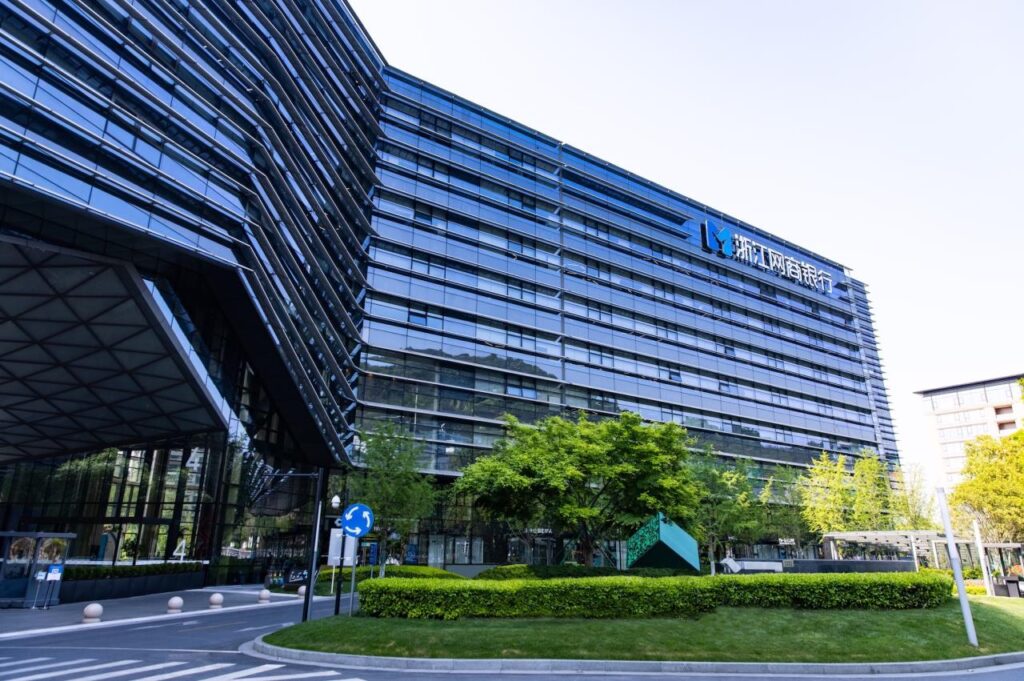BYD’s May sales surged, selling 382,000 vehicles to set a new annual high, with overseas sales also breaking records. The “internal price-cutting competition” boosted sales but severely hurt the stock price, which has fallen over 17% from its record high. Citigroup estimates that foot traffic at BYD dealerships may have increased by 30% to 40% month-on-month after the price cuts. However, whether this volume-for-price strategy can be sustained has become a focus of market attention.
Volume for price? Under a new round of intense price war, BYD, a leading new energy vehicle company, achieved another annual high in May sales data. On June 1, BYD Auto’s official Weibo announced that BYD sold 382,476 vehicles in May, a year-on-year increase of 15.3%. This figure sets a new monthly sales record for the year. Among these, overseas sales of passenger vehicles and pickup trucks reached 88,640 units, while BYD’s Dynasty/Ocean series sold 348,393 vehicles, Fang Cheng Bao sold 12,592 units, Tengshi sold 15,806 units, and Yangwang sold 139 units. Data shows that BYD’s pure electric passenger vehicle sales in May were 204,369 units, surpassing plug-in hybrid models’ 172,561 units. This is the second time since the beginning of 2024 that pure electric sales have taken the lead. Overseas sales data is also a highlight, with BYD’s approximately 89,000 units setting a historical record. The company’s internationalization strategy is accelerating and providing a new growth support point. With discounts of up to 53,000 yuan, BYD ignited a new round of price war. In late May, BYD launched a new round of price reduction offensives, with some models discounted by up to 34%. Competitors such as Leapmotor and Geely quickly followed suit. BYD announced a large-scale promotional price cut involving 22 intelligent driving version models from the Dynasty and Ocean networks. The most significant discount was on the Seal 07 DM-i intelligent driving version, with a limited-time price of 102,800 yuan, a direct reduction of 53,000 yuan from the guide price, a discount of up to 34%. Ten models in the Ocean network started at a limited-time “one-price” of 55,800 yuan, while 12 intelligent driving version models in the Dynasty network had a post-subsidy starting price as low as 63,800 yuan. This price level has reached the 60,000 yuan range, directly impacting the price bottom line of traditional fuel vehicles. This is BYD’s third promotion in less than two months and the third large-scale promotion this year. From the price reduction of non-intelligent driving entry-level models at the end of March, to the exchange subsidies for intelligent driving versions in early May, and now to the most extensive and powerful limited-time subsidy, BYD’s price reduction strategy is escalating. Stock price and sales move in opposite directions. BYD’s “internal price-cutting competition” has supported sales but also severely hurt the company’s stock price.BYD’s Hong Kong-listed shares fell over 4% during intraday trading today, extending last week’s decline of more than 15%. Calculations show that BYD’s current stock price has dropped over 17% from its record high. Citigroup analysts estimate that following BYD’s price cuts, dealer foot traffic could surge by 30% to 40% month-on-month. However, whether this volume-for-price strategy can be sustained has become a focal point for market attention.
Wall Street investment banks remain cautious. Goldman Sachs analyst Shubham Ghosh advised clients to sell BYD. BYD’s cumulative sales this year have reached 1.76 million vehicles, still significantly short of its annual target of 5.5 million. Morgan Stanley analysts, including Tim Hsiao, estimate that to achieve this goal, BYD needs to sell an average of approximately 534,000 vehicles per month in the remaining months. As the traditional peak sales season in the fourth quarter approaches, whether BYD can withstand the pressure and maintain its growth momentum will be a new test for this industry leader. People’s Daily Commentary: New Energy Vehicles Must Avoid the ‘Price War’ Stimulant. A People’s Daily commentary article pointed out that in response to the recent new round of ‘price wars’ initiated by automakers, the China Association of Automobile Manufacturers issued an initiative opposing the practice to maintain fair competition and promote healthy industry development. The Ministry of Industry and Information Technology also expressed support for the initiative, emphasizing that ‘there are no winners in a price war, and it has no future. ‘ Clear signals and a firm stance have effectively applied the brakes to the disorderly ‘price war,’ which is timely. Do not distort business logic under the influence of capital, merely using price wars to pursue short-term market capitalization and stock prices. Otherwise, after capital cashes out and exits, the industry will be left with an empty shell of ‘losing money to make noise,’ and the process of going global will be delayed. Risk Warning and Disclaimer: The market carries risks, and investment requires caution. This article does not constitute personal investment advice and does not consider the specific investment objectives, financial situation, or needs of individual users. Users should consider whether any opinions, views, or conclusions in this article suit their particular circumstances. Investment decisions based on this article are made at one’s own risk.


